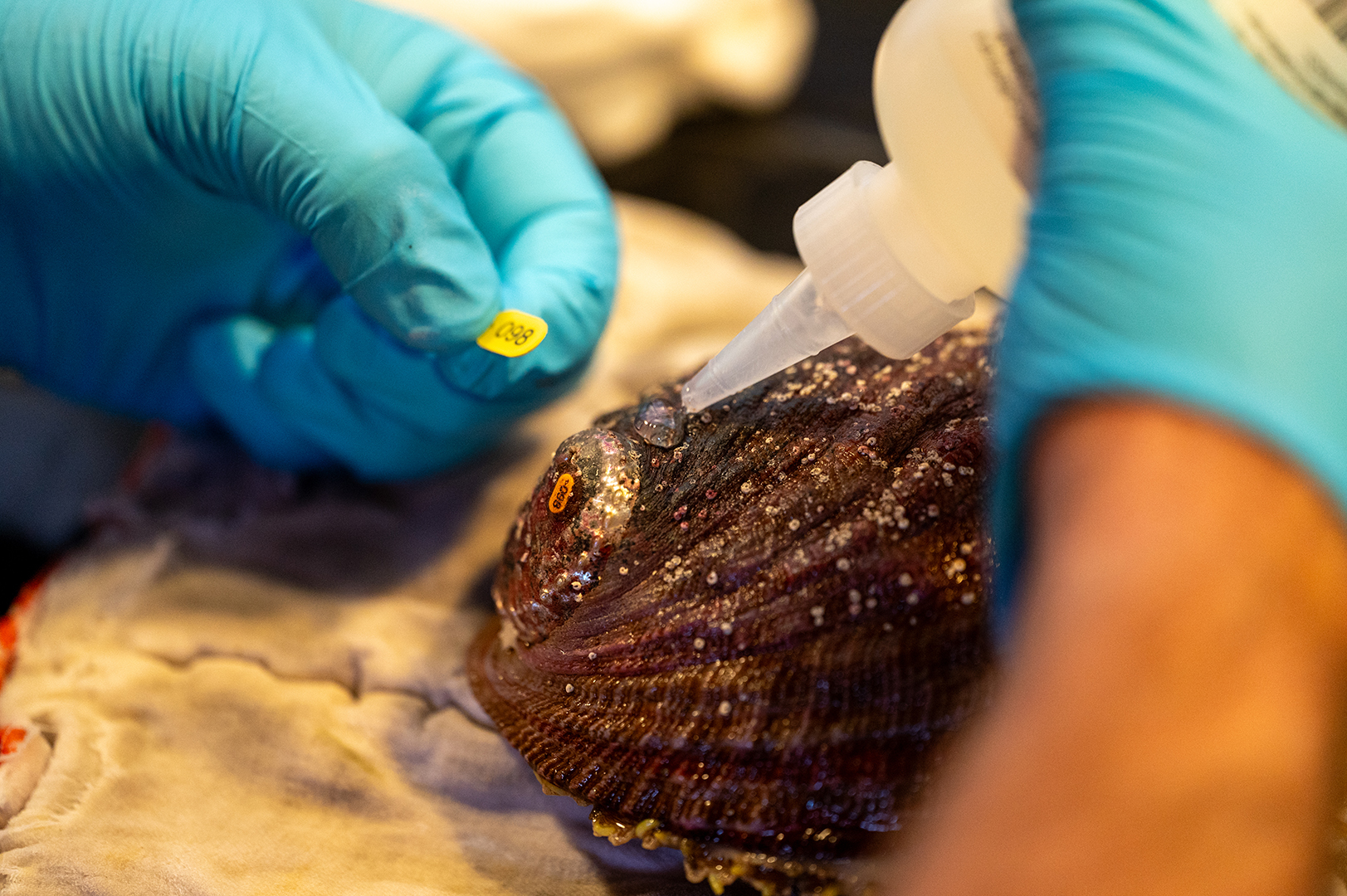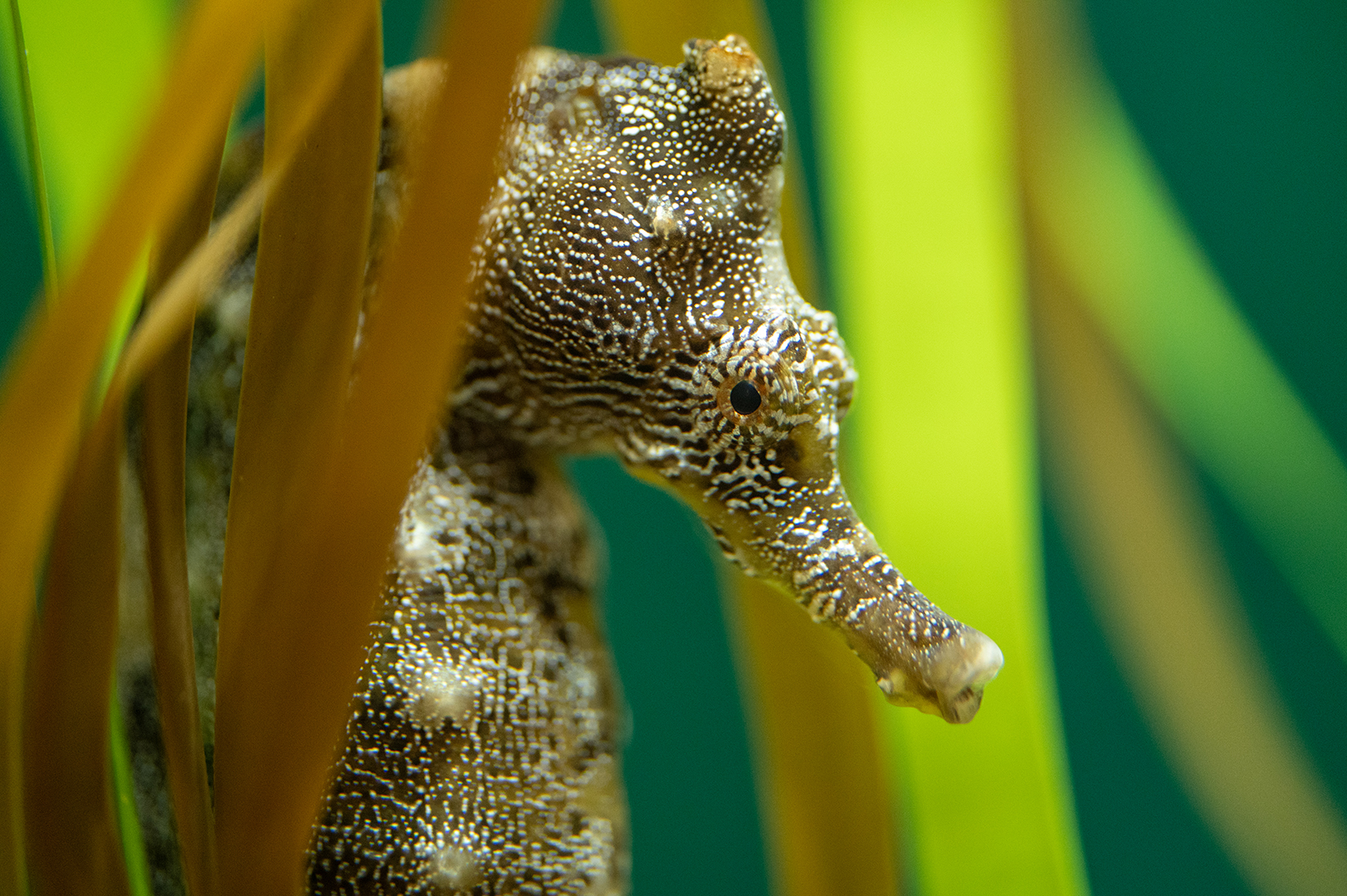Research and Conservation Committee
The Research and Conservation Committee at Cabrillo Marine Aquarium plays a pivotal role in advancing our understanding of local marine ecosystems and species, as well as ensuring their long-term conservation. With a clear mission to support and enhance programs, exhibits, and aquarium operations, this committee, composed of interdepartmental staff, contributes to the acquisition of crucial knowledge about the behavior, ecology, and status of marine animals and their environments. Their research activities, which encompass systematic experiments in aquarium laboratories, field studies, and investigations into pollution and habitat restoration, allow the institution to explore, protect, and sustainably manage local marine species, habitats, and ecosystems.
Moreover, the committee's efforts extend beyond scientific research. They actively engage with the public and local, state, and federal agency partners to ensure that innovative research and knowledge is always at the forefront of our conservation programs and initiatives. By fostering a deep connection between the community and the marine environment, Cabrillo Marine Aquarium strives to inspire future generations of scientists and conservationists. In essence, the Research and Conservation Committee at Cabrillo Marine Aquarium exemplifies the critical role that AZA accredited institutions play in advancing knowledge, promoting sustainability, and safeguarding the natural world.
White Abalone

Cabrillo Marine Aquarium is a proud partner with the White Abalone Captive Breeding Program. The Aquarium’s research and conservation endeavors are aimed at safeguarding the endangered White Abalone, the first marine invertebrate listed under the Endangered Species Act. Through this partnership, the aquarium plays a pivotal role in rearing, recovering, and ultimately reestablishing this native species in its natural habitat. The dedicated efforts of our Aquarium staff are instrumental in not only expanding our understanding of White Abalone biology but also in developing innovative captive breeding techniques, enhancing genetic diversity, and fostering the survival of this imperiled species. This invaluable partnership exemplifies the institution's commitment to the preservation of marine biodiversity and the restoration of ecosystems, making a significant contribution to the recovery of the White Abalone and the broader cause of marine conservation.
Pacific Seahorse

The Pacific seahorse conservation and captive breeding program at Cabrillo Marine Aquarium plays a pivotal role in safeguarding this extremely unique and endangered fish species. As one of the largest seahorse species in the world, and the only seahorse species that occurs in California, their significance extends beyond their charismatic appearance, as they serve as ecological indicators of the health of the local marine ecosystem. With their populations threatened by habitat loss and a myriad of human activities, including coastal development and pollution, the emphasis on habitat preservation becomes paramount for their survival. By conducting research to better understand their behavior and ecology, implementing conservation strategies, and establishing a captive breeding program to bolster their numbers and limit collections from the wild, Cabrillo Marine Aquarium's efforts not only contribute to the protection of this iconic species but also promote the overall well-being of California's coastal marine environment.
Giant Sea Bass
Cabrillo Marine Aquarium's remarkable success in raising over 350 endangered Giant Sea Bass using innovative aquaculture methods developed in the Aquatic Nursery stands as a beacon of hope for the conservation of this iconic species. These achievements not only offer invaluable insights into the biology and ecology of Giant Sea Bass but also provide opportunities for them to serve as educational ambassadors at various aquariums, raising awareness about the importance of preserving this remarkable species. Through collaborative efforts with partners like the Allen Lab at California State University, Northridge, the Southern California Marine Institute, Aquarium of the Pacific, and the Shark Lab at California State University, Long Beach, Cabrillo Marine Aquarium is not only advancing aquaculture techniques but also actively tracking the movements and behaviors of Giant Sea Bass through tagging and radio telemetry. This holistic approach not only fosters greater understanding of these fish but also contributes significantly to their conservation, ultimately helping to bolster natural populations off the Southern California coast.